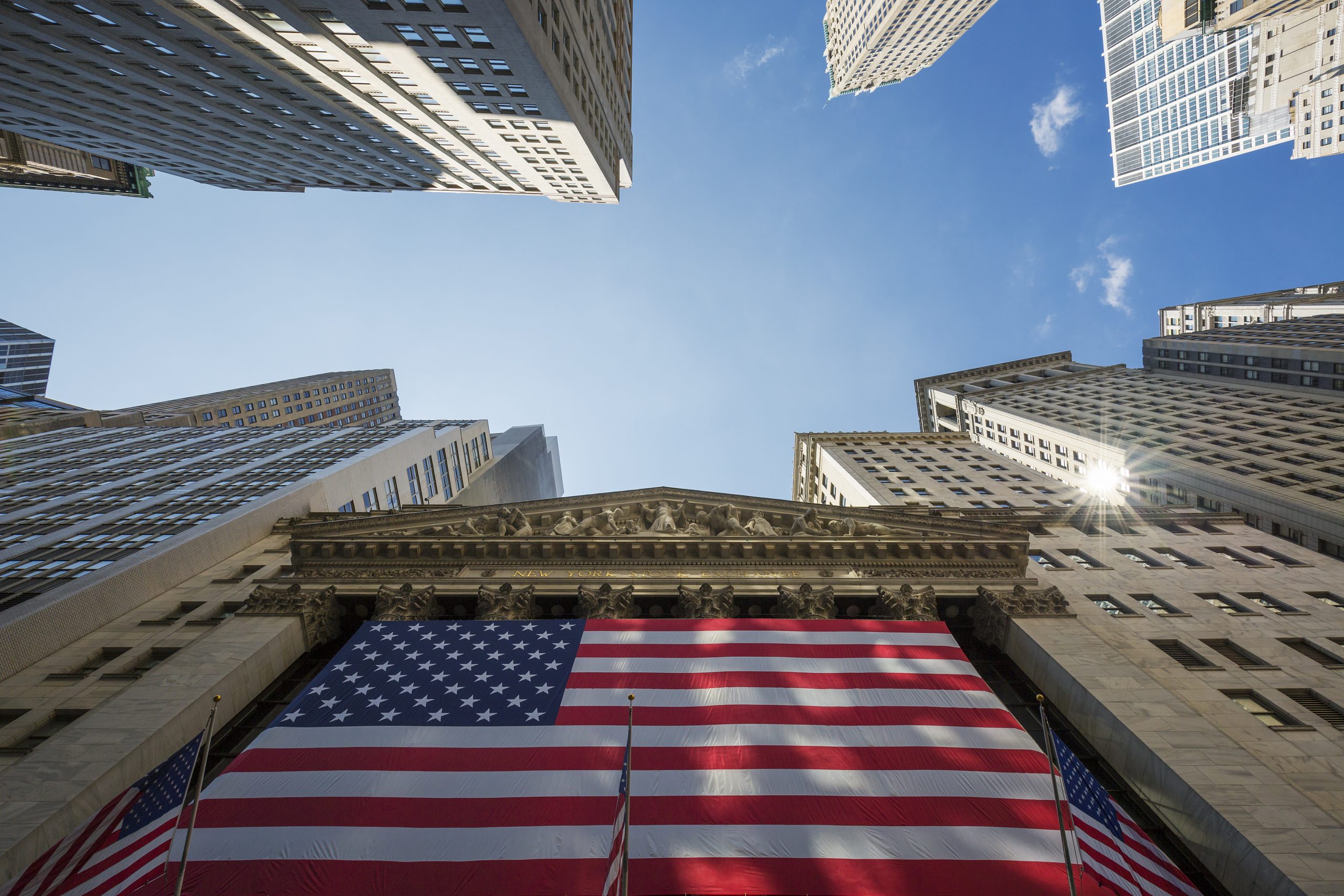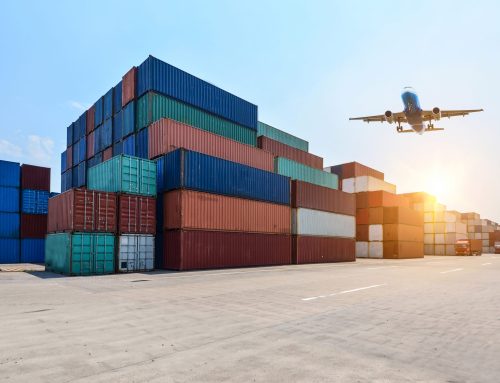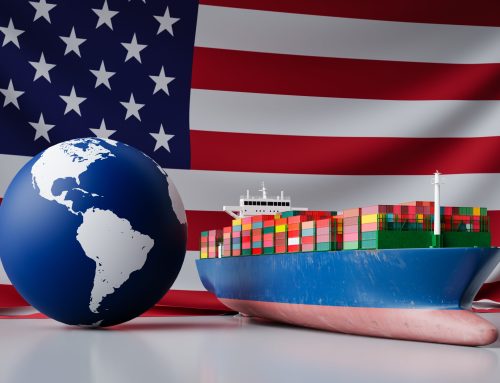When importing goods into the United States, it’s not only the U.S. Customs and Border Protection (CBP) that importers need to consider. Several government agencies have oversight over imports depending on the type of product, its origin, and its intended use. Failing to comply with their regulations can result in costly delays, product seizures, fines, or worse, legal consequences.
This guide breaks down the key U.S. agencies involved in import compliance, what they regulate, and how to stay on the right side of the law as a U.S. importer.
1. U.S. Customs and Border Protection (CBP)
CBP is the lead federal agency overseeing the import of Basic Importing and Exporting | U.S. Customs and Border Protection goods into the United States. It enforces customs laws, collects duties and tariffs, and ensures compliance with trade regulations.
CBP’s Role:
- Collects import duties and enforces tariff schedules
- Screens shipments for compliance with import documentation
- Works in partnership with other federal agencies to enforce safety, environmental, and trade rules
What Importers Need to Do:
- Submit accurate entry documentation
- Use proper Harmonized Tariff Schedule (HTS) codes to determine duties
- Declare country of origin honestly, especially when importing from countries like China under special tariffs (see U.S.-China tariffs)
2. Food and Drug Administration (FDA)
If you’re importing food, beverages, cosmetics, medical devices, or drugs, the FDA has jurisdiction. Products must meet strict safety, labeling, and ingredient regulations.
FDA’s Role:
- Inspects foreign and domestic facilities
- Reviews product labelling, ingredients, and packaging
- Ensures food safety and compliance under FSMA (Food Safety Modernization Act)
What Importers Need to Do:
- Register foreign food facilities with the FDA
- Submit Prior Notice before food shipments arrive
- Ensure products are free of banned ingredients and properly labeled
Failure to comply with FDA guidelines can lead to automatic detentions, especially for food and supplements. Importers often assume exemptions for small packages, but even low-value shipments may not be exempt.
3. U.S. Department of Agriculture (USDA)
The USDA regulates the import of agricultural products, including plants, animals, seeds, and certain food items. They work to prevent pests and diseases from entering the U.S. agricultural ecosystem.
USDA’s Role:
- Oversees phytosanitary inspections
- Manages permits for animal and plant products
- Coordinates with CBP to enforce Agricultural Quarantine Inspection (AQI) programs
What Importers Need to Do:
- Apply for USDA permits before importing regulated items
- Provide certificates of origin and sanitation for plants or meat
- Understand the restrictions on wood packaging materials (ISPM 15 compliance)
For instance, untreated wooden crates may be detained or destroyed if they fail to meet USDA import standards.
4. Environmental Protection Agency (EPA)
The EPA regulates imports that may impact the environment or public health—think chemicals, vehicles, engines, and pesticides.
EPA’s Role:
- Reviews chemicals under the Toxic Substances Control Act (TSCA)
- Enforces emissions standards for vehicles and equipment
- Manages hazardous waste imports and recyclables
What Importers Need to Do:
- File TSCA certifications for applicable chemicals
- Verify that vehicles meet emissions and fuel standards
- Ensure pesticides are registered with the EPA
Importers of solar panels and energy equipment should be aware of both EPA efficiency and environmental standards, and applicable solar tariffs, which may significantly affect overall import costs
5. U.S. Fish and Wildlife Service (FWS)
Importing items derived from wildlife or endangered species, such as exotic leather goods or coral jewellery? FWS is the governing body.
FWS’s Role:
- Enforces the Lacey Act and CITES regulations
- Issues permits for wildlife and plant imports
- Protects endangered and threatened species
What Importers Need to Do:
- Submit FWS Form 3-177 for regulated products
- Obtain the necessary CITES or import permits
- Declare items properly at wildlife ports of entry
6. Bureau of Industry and Security (BIS)
BIS oversees exports and imports related to national security and dual-use goods, including some electronics, software, and defence-related equipment.
BIS’s Role:
- Enforces the Export Administration Regulations (EAR)
- Issues licenses for sensitive technology or sanctioned countries
What Importers Need to Do:
- Know if your items are on the Commerce Control List (CCL)
- Verify that suppliers are not listed on restricted or denied party lists
- Monitor ongoing changes to trade sanctions and export control rules
7. Alcohol and Tobacco Tax and Trade Bureau (TTB)
If you import alcoholic beverages or tobacco, TTB governs labelling, licensing, and excise taxes.
TTB’s Role:
- Reviews certificates of label approval (COLAs)
- Manages import permits for alcohol and tobacco
- Ensures compliance with product formulas and origin
What Importers Need to Do:
- Register with the TTB and CBP
- File COLAs before bringing in alcoholic products
- Calculate and remit excise taxes according to the product’s classification
8. Federal Communications Commission (FCC)
If you’re importing telecommunication devices, electronics, or anything with a transmitter, you’ll need to ensure they meet FCC standards.
FCC’s Role:
- Regulates devices that emit radio frequency (RF)
- Certifies wireless communication equipment
What Importers Need to Do:
- Obtain FCC ID numbers and certifications
- Ensure devices meet electromagnetic interference (EMI) standards
- File required compliance declarations
Why Small Businesses Should Pay Extra Attention
If your business lacks a dedicated trade compliance team, keeping up with compliance can be overwhelming. However, there are smart strategies you can adopt to stay competitive:
- Use customs brokers: A licensed broker like Clearit USA can handle filings, product classifications, and agency submissions for you
- Stay updated on changes in tariff laws, such as U.S. tariff pauses or tariff pass-through effects
- Negotiate with overseas suppliers to share compliance burdens or to mitigate tariff risks (here’s how)
- Be aware of hidden import costs beyond duties, including port fees, agency approvals, and warehouse delays
Final Thoughts
Importing into the U.S. involves far more than dealing with CBP alone. The compliance web is wide, and getting it wrong can lead to penalties, lost products, and higher costs.
Understanding which agencies regulate your goods and what they expect sets you up for smoother shipments and fewer surprises.
Not sure which agency applies to your import? Let Clearit USA guide you through the process with real-time support, filing services, and trade compliance expertise.
Talk to a licensed customs expert





